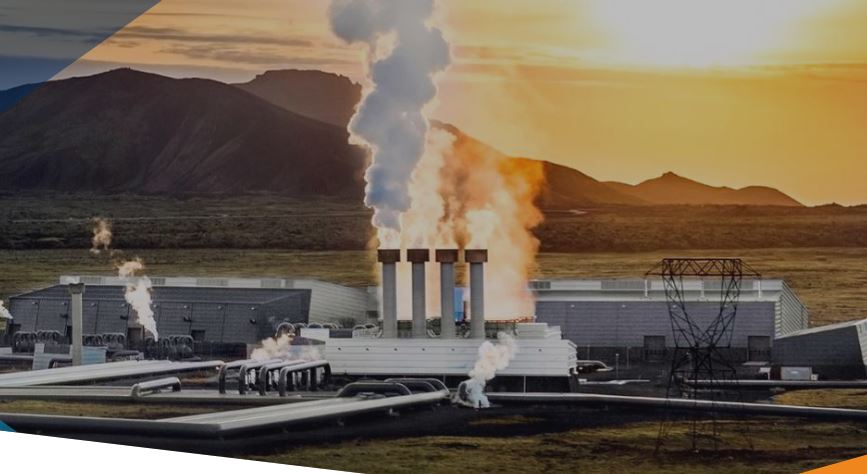
TWI, a Cambridge (UK)-headquartered research and technology organisation, will be the coordinator of a new EU €17 million collaborative project. The project aims to develop technologies that allow geothermal plants to respond to heat and power demands. Specifically, to respond cost-effectively.
The EU’s H2020 fund is financing the project. The project has nineteen partners across the European Union. TWI will be overseeing the €3.8 million budget to combine thermal energy storage with flexible ORC (Organic Rankine Cycle) solutions to provide geothermal installations with a highly flexible operational capability.
What is geothermal energy?
Geothermal energy involves using Earth’s inner heat to generate electricity or heat homes and buildings directly.
It is usually much warmer under the ground than on or above the Earth’s surface.
Storing heat energy
The project also aims to find ways of storing heat energy when demand is weak. Then, it can be released when demand is high.
TWI says that this won’t impact critical infrastructures under variable energy generation. The approach, it added, won’t influence the wellhead’s flow condition.
TWI wants to create a hybrid cooling system
According to TWI, the project also aims to create a hybrid cooling system for the ORC plant. This will prevent loss of efficiency due to seasonal changes, which should improve overall efficiency.
In a press release, TWI stated:
“Such efficiency improvements will be increased by a scaling reduction system of specially designed retention tanks, heat exchangers and recombining extracted gases.”
“This will enable larger power plant heat extraction while the scaling reduction system alone has the potential to double the power production from many medium enthalpy geothermal plants.”
The project partners want to reduce geothermal energy costs significantly. GeoSmart technologies will do this, says TWI. Geothermal energy will subsequently become more cost competitive with its fossil fuel-based counterparts.
Video – Renewable energy
Geothermal energy is a type of renewable energy, i.e., energy that does not deplete (in a human timescale).
